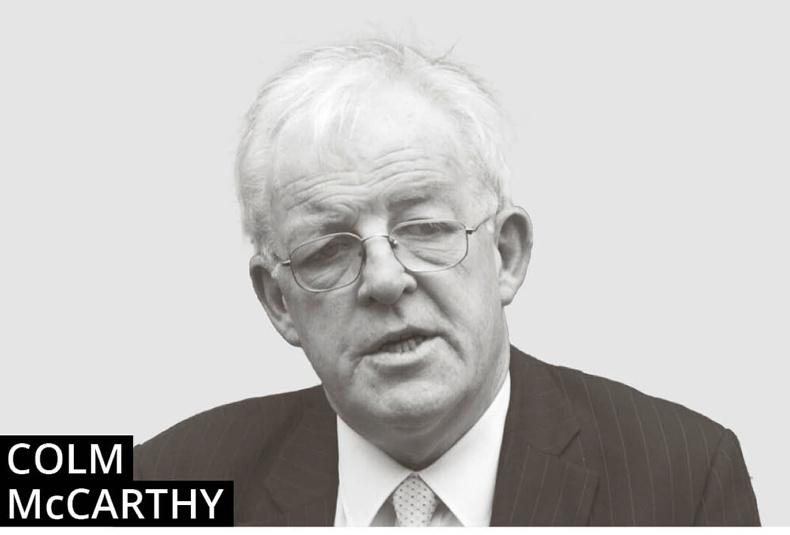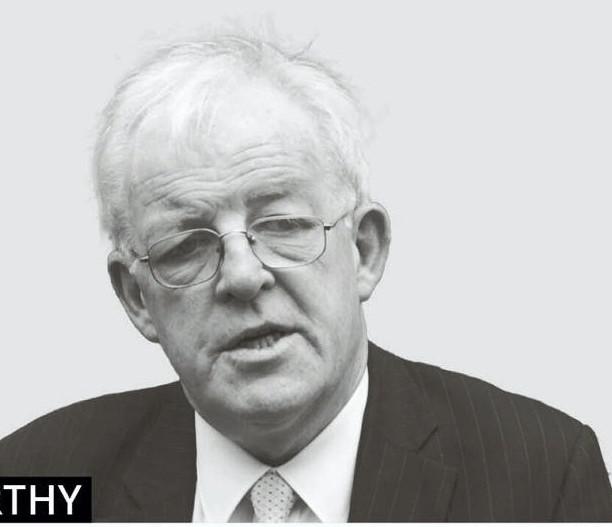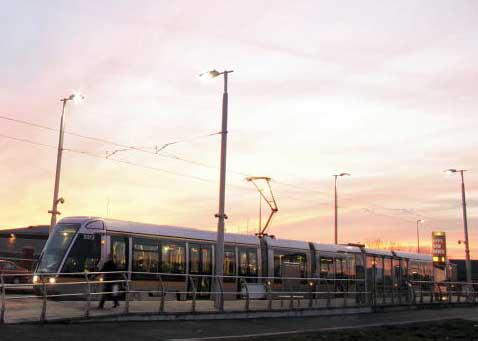Theresa May is expected to offer more detail on the UK’s priorities for the Brexit negotiations in a speech next week. Interest will centre on the relative weight to be accorded to continued trade access versus taking back control, particularly over immigration and the UK’s right to negotiate new trade deals beyond Europe.
The UK will be leaving the single market if the prime minister insists on ending free movement, and will also be leaving the customs union if she seeks freedom from the common external tariff.
At this stage the betting is that the UK is headed for a hard Brexit, exiting both the single market and the customs union, but Mrs May could surprise everyone. There will certainly be an attempt to secure continued trade access to EU markets on the most favourable terms, but if the UK insists on an end to free movement, and freedom to negotiate unilateral trade deals outside Europe, there will be a hardline response from the European Commission negotiators.
One possibility is a clean break, where the UK departs, probably before the end of 2019, without a successor trade deal with Europe, not even a transition arrangement.
Trade would be outside the single market and the customs union, under the default rules of the World Trade Organisation.
This is unlikely to happen by design, since Mrs May has signalled her desire to secure some form of deal with the EU over trade, but it could happen by default if none is secured and the clock runs down.
If there is a clean break and the UK becomes just another non-EU country, subject to the default trade rules of the World Trade Organisation, this would be a bad outcome for Irish farmers, both in the Republic and more especially in Northern Ireland.
The Republic’s farmers would see UK market access impaired. While the benefits of CAP membership, and thus of European prices, would continue, the resources of the CAP could be diminished since the UK is a net contributor to the EU budget. That could mean less funds for direct payments and other programmes. But there could be even more negative consequences for agriculture in Northern Ireland.
One of the few positives for the UK, a net food importer, from a hard Brexit would be the opportunity to escape the cost of the EU’s protectionist policies. Some European farm prices are still substantially above world levels.
The shift to higher prices on entry to the European Economic Community, as it then was, back in the 1970s was accompanied by considerable controversy about the negative impact on consumers.
British politicians will find it hard to resist the temptation, should they be free to do so, of the cheapest available food imports and the farm lobby in Britain has never been strong.
Entry into the EEC back in 1973 was seen, accurately, as a boon for farmers in Northern Ireland. A return to the cheap food policy which went before would not be good news.
Immigration
One of the motivating factors behind the leave vote in last June’s referendum was concern about immigration and the UK government is clearly committed to a new regime of controls on entry from EU countries.
Many farmers and processors rely on immigrant workers from Eastern Europe, not all seasonal, for farm labour and it will be interesting to see if the UK government accedes to pressure from the farm lobby to come up with special arrangements.
As in the Republic, farm income in Northern Ireland is greatly dependent on direct payments.
Outside the CAP, there is a question mark over the willingness of the UK government to continue existing levels of support. There have been assurances from ministers, in non-specific terms, but there will be less confidence that existing funds will continue to be available once the CAP umbrella is removed.
Northern Ireland’s exports of agricultural commodities to the Republic, notably milk and lamb, are substantial and the common animal health regime has facilitated specialisation across the island in primary production. These gains from trade may have to be sacrificed in a hard Brexit scenario.
There has been some complacency about the possibility of a special deal between Ireland and the UK which would avoid the worst outcomes but it needs to be understood that the two governments are not free to conclude whatever side deals appeal to them. They are not the negotiating partners: the deal will be between the UK and the EU, and it might not have a happy ending.










SHARING OPTIONS